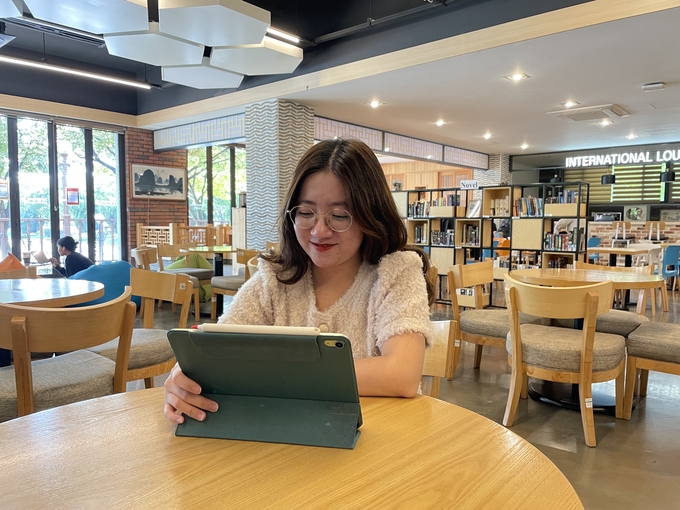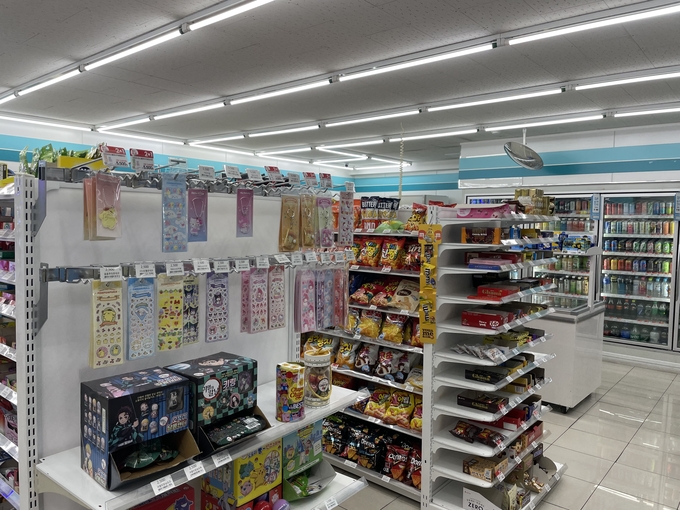

Did you know that many international students come to Korea and work part-time to cover living expenses and tuition? There are sometimes difficulties encountered in the process of finding and working a part-time job. In relation to this, we interviewed a foreign student working part-time in Korea.
Thu Hiền, a fourth-year business administration student at Keimyung University from Vietnam, currently works part-time at a convenience store. She says she was able to get the part-time job she is currently doing through an introduction from someone she knew. She said that the reason she was able to get a part-time job at a convenience store was because she had previous experience at a convenience store, which made it easier for her to get a job. She said her hourly wage was 7,000 won and she was receiving a monthly salary. In order for foreign students to work in Korea, they must have a visa, must have a certain level of Korean language skills and be confirmed by the school's international student representative. Thu Hiền has obtained a foreign student visa, which is D-2, and has a TOPIK Level 6 certificate. She asked the convenience store owner for a contract when she accepted her part-time job, but the owner did not give her one. She said the person she previously worked with also asked for a contract, but the boss said no. She said the only response she received was to contact the boss if anything went wrong.
She said that the most difficult experience she had while working part-time in Korea was talking on the phone with customers in Korean when she first started working part-time. She said she had trouble remembering items, especially because of the large number of items. She said she was okay with it now that she was used to things. She also said that she gets to meet a lot of customers while working part-time, and there are a few memorable ones. She said that some customers say hello every time they come to the convenience store. Once, a person purchased a 2+1 product and gave one bottle to Thu Hiền, and also helped her move a heavy box. Sometimes, the customer came to the convenience store and then Thu Hiền asked why Thu Hiền the customer was so good to her. She said that Thu Hiền was nice, so she treated her like a granddaughter and helped her a lot. She said that while some guests impressed her, there were others that gave Thu Hiền trouble. She said that there were teenagers who tried to purchase cigarettes by taking advantage of Thu Hiền's fact that she was a foreigner, and in fact, a parent came to the convenience store and told Thu Hiền not to sell cigarettes to the student. She says she was a little scared at this time. She also said that there was a time when she was embarrassed because the convenience store was near a bar and students who had party made a lot of noise.
Thu Hiền has never worked part-time in Vietnam, but convenience stores in Vietnam are usually open until 11 p.m. Vietnamese people prefer to relax at night, so most stores also tend to be open until 11 p.m.
These days, she wishes her hourly wage would go up. As prices continue to rise, she believes that 7,000 won per hour is not enough. She also expressed her desire for further improvement in her Korean language skills.
Through this interview, we were able to see the experiences foreign students have while working part-time in Korea.
azur0209@stu.kmu.ac.kr








